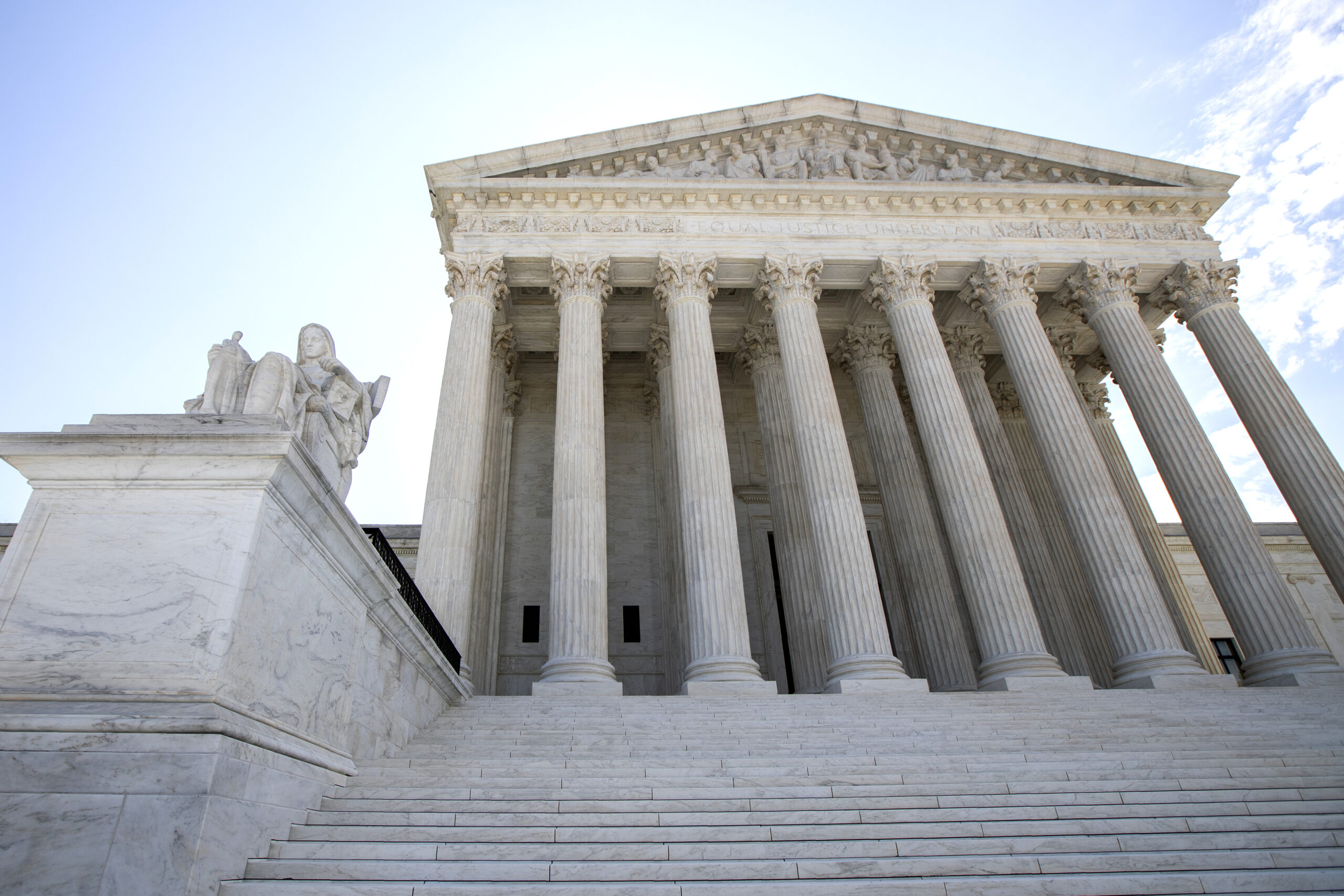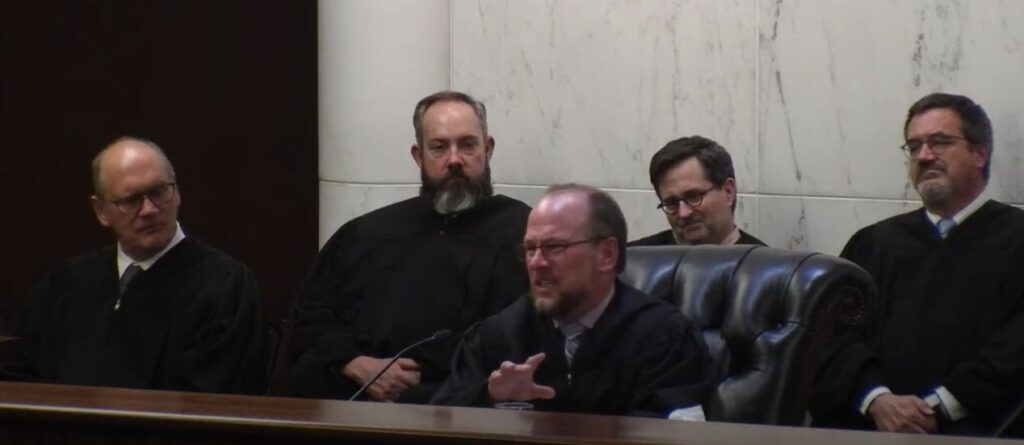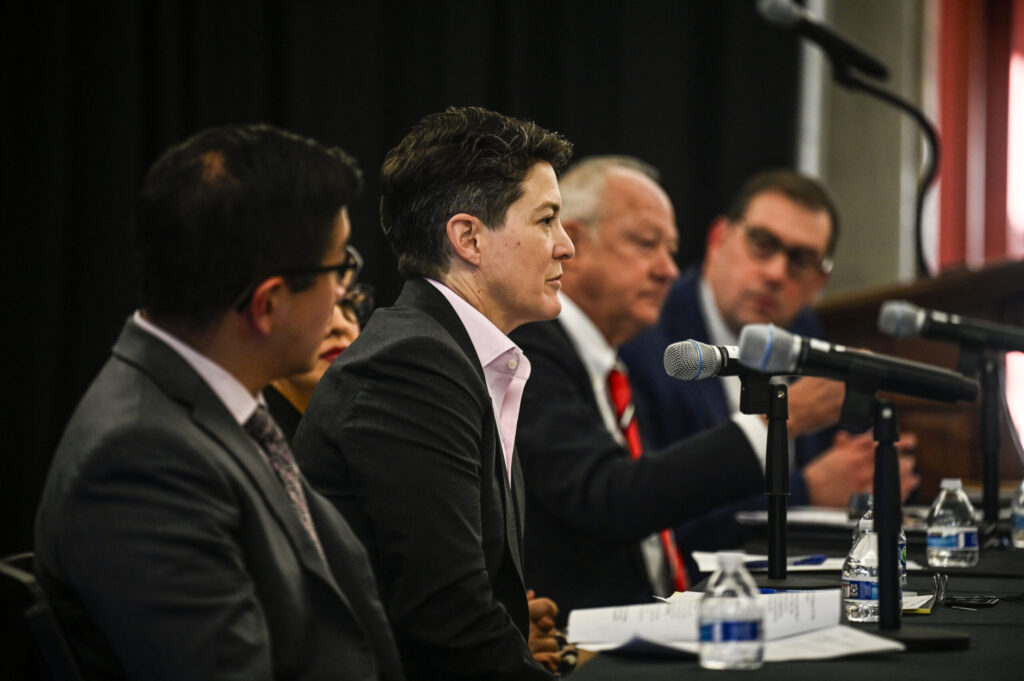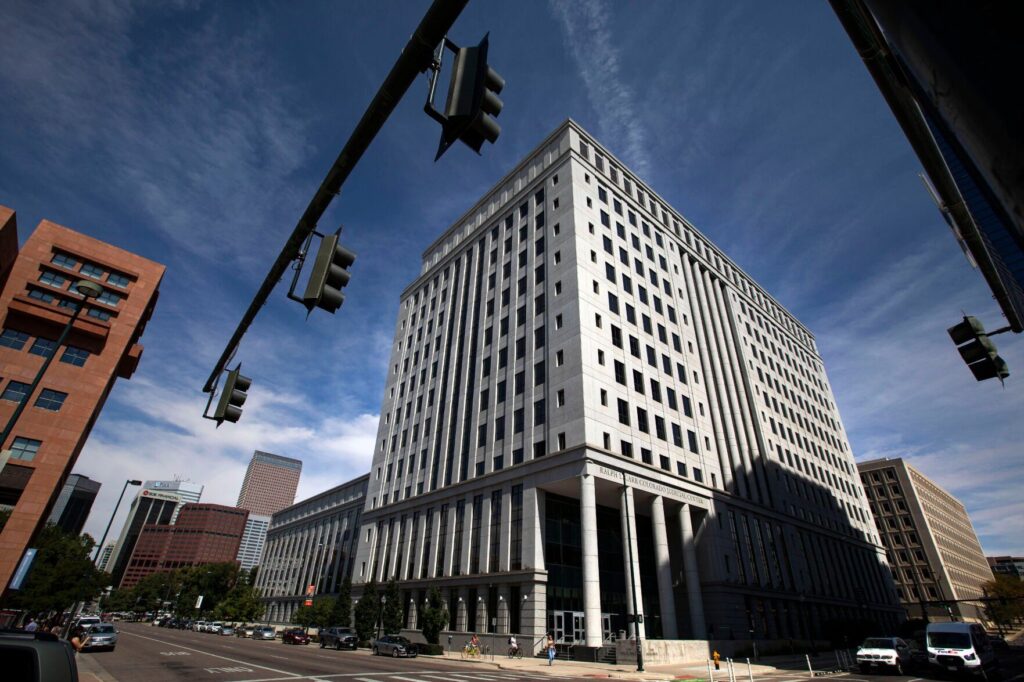U.S. Supreme Court agrees to review Christian website designer case in Colorado
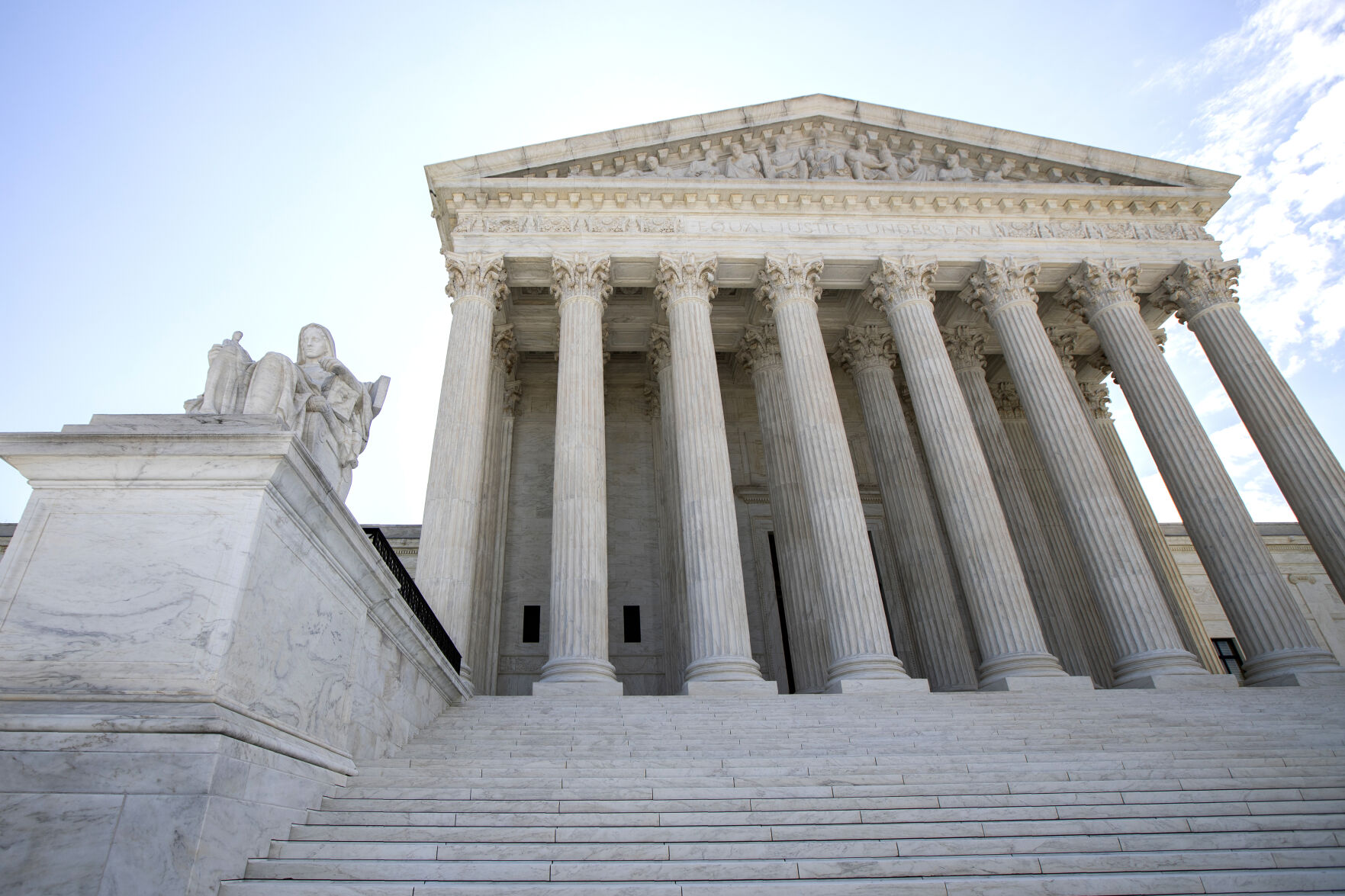
The nation’s highest court on Tuesday agreed to review a ruling from the federal appeals court based in Denver, which held Colorado’s anti-discrimination law could compel a Christian graphic designer to create wedding websites for same-sex couples despite her religious beliefs.
Conservative groups lined up behind Lorie Smith at the U.S. Supreme Court, asking the justices to weigh whether the Colorado Anti-Discrimination Act placed an impermissible burden on Smith’s First Amendment rights.
“Colorado has weaponized its law to silence speech it disagrees with, to compel speech it approves of, and to punish anyone who dares to dissent,” Kristen Waggoner, an attorney with the Alliance Defending Freedom, who is representing Smith, said in a statement. “Colorado’s law – and others like it – are a clear and present danger to every American’s constitutionally protected freedoms and the very existence of a diverse and free nation.”
The ADF advocates for Judeo-Christian religious liberty through litigation of cases that affect the rights of the LGBTQ population. Within the past decade, it represented another Colorado business owner before the Supreme Court. Jack Phillips, the owner of a cake shop in Lakewood, won his own appeal on narrow grounds after he refused to bake a cake for a same-sex couple.
Smith’s case will answer the broader question left unresolved in Phillips’: Whether the government can compel an “artist” to create content against his or her religious beliefs under the U.S. Constitution.
A decision from the conservative-majority court could have implications for state anti-discrimination laws generally.
“The U.S. Supreme Court has consistently held that antidiscrimination laws, like Colorado’s, apply to all businesses selling goods and services,” Attorney General Phil Weiser said in a statement. “Companies cannot turn away LGBT customers just because of who they are. We will vigorously defend Colorado’s laws, which protect all Coloradans by preventing discrimination and upholding free speech.”
Smith, at the time of her appeal, did not create wedding websites but sought to do so. She wanted to post a notice informing potential customers that she would not, because of her Christian faith, create websites for any wedding not between a man and a woman. Her position appeared to violate state anti-discrimination law, which prohibits discrimination in the provision of goods and services in a place of public accommodation.
In June, a panel of the U.S. Court of Appeals for the 10th Circuit ruled against Smith by 2-1. The majority found that while the Colorado Anti-Discrimination Act did compel Smith to create websites for same-sex and opposite-sex couples alike, the state was justified in prohibiting discrimination in places of public accommodation.
“As Colorado makes clear, CADA is intended to remedy a long and invidious history of discrimination based on sexual orientation,” wrote Senior Judge Mary Beck Briscoe.
Chief Judge Timothy M. Tymkovich dissented, calling the majority’s position “novel” for permitting the government to force Smith to produce messages in violation of her conscience.
“No case has ever gone so far,” he wrote.
The Colorado Attorney General’s Office, which is defending against Smith’s lawsuit, believed the case is unsuitable for review because Smith has yet to actually violate the law and be subject to enforcement action by the state. Companies remain free to state their own views, the office argued, but not to advertise their plans to discriminate in violation of the law.
“(P)rohibiting companies from displaying what would amount to ‘Straight Couples Only’ messages is permissible because it restricts speech that proposes illegal activity and is therefore unprotected by the First Amendment,” the state wrote to the Supreme Court.
Julian G.G. Wolfson, a lawyer with HKM Employment Attorneys, said that business owners are already compelled to speak on certain issues. He cited required workplace advertisements of workers’ rights, which some business owners may disagree with posting.
“A lot starts to tumble if this is considered unconstitutional, either for religious or free speech issues,” he said.
The case is 303 Creative LLC et al. v. Elenis et al.
